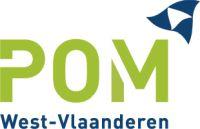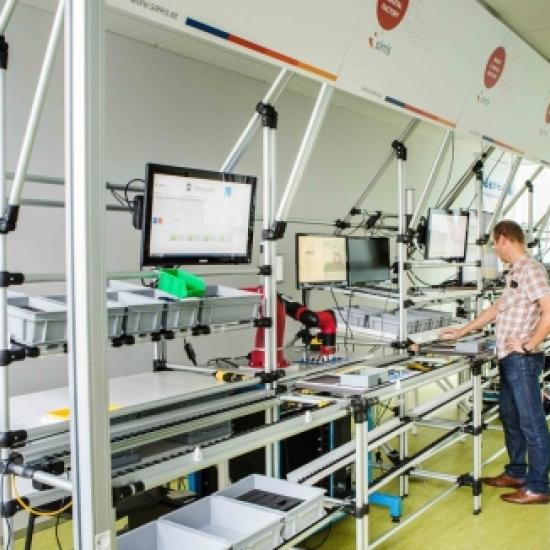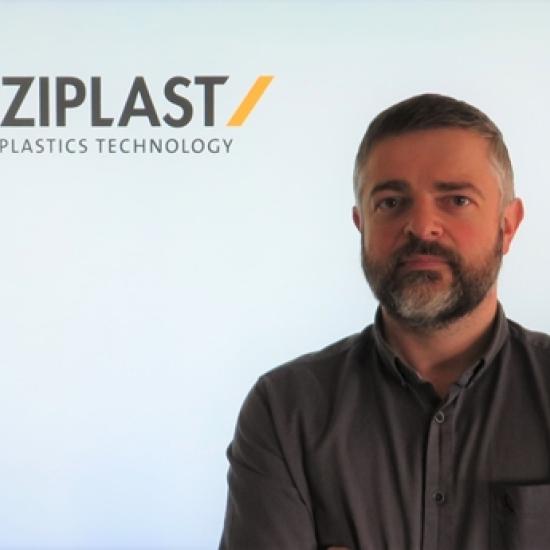"Times of crisis are pre-eminently times when things need to be reconsidered and thought through." This is how entrepreneur Jos Deslee starts his plea for external advisors on the website Made in West-Flanders (in Dutch), aimed at encouraging companies to evolve towards more professionalism, especially in these corona times. This valuable advice applies to all companies, in particular SMEs.
In West-Flanders and elsewhere, many entrepreneurs are suffering from the ongoing crisis - for some this is the first crisis ever. Above all, they want to solve their problems without external help, by working harder. A crisis makes it necessary to adapt (quickly), to innovate. The cry for innovation and the need to change, for example by digitalisation, is loud, but in practice it is easier said than done. Rather than an end in itself, the digital transformation is a means to achieve certain objectives, such as making the core business more efficient and agile (e.g. by automating, shortening lead times, smart products) and expanding the business (e-commerce and business model innovation). Jos Deslee is pleading to consider bringing in external specialists, who have the right experience to deal with this situation.
Combining essential qualities of entrepreneurs with external expertise
Jos Deslee sums up quite well all the strengths of West-Flemish entrepreneurs. Strengths which are considered useful in times of crisis. First, a great customer insight, which can be further improved by collecting and using user data. Secondly, hard work, which is the right drive to bring innovation and reshoring. A third and final characteristic, i.e. keeping quiet, should in fact be abandoned in the current situation. After all, communication has become - perhaps now more than ever - crucial, as has sharing experiences with expert third parties, via a board of directors or advisory board.
Based on our experience, Sirris could not agree more with this plea. In addition to ‘hard’ work, ‘smart’ work is at least as important: by orienting and understanding where the crisis is affecting the company, what opportunities it offers, setting priorities for possible actions and changes, making informed choices, aimed at creating and capturing value for both customers and company. In times of crisis and a rapidly changing, difficult to predict context, qualities such as changeability and agility are essential. This automatically leads us to innovation. However, change requires time and knowledge.
External and independent advisors - such as Sirris - constitute a sounding board for entrepreneurs, an extra help to find their way in this changing situation. In addition, they offer support to the management in choosing the right recovery options. Sirris provides support by working out an innovation programme with SMEs. This is a real tangible asset for our companies. The opportunities which are specifically identified for their business are ‘quick wins’ towards innovation in products, processes or business models and can immediately be converted into business operations. Sirris helps SMEs to innovate faster. We make them resilient to the current, but also to future crises. Sirris has built up a lot of experience with supervising and testing such processes via a proof of concept. We have a long tradition as an external consultant and are an innovation partner. We always work together with the company and enrich where necessary as a CTO-as-a-service, with specific technological expertise, through individual thematic coaching, etc.
Innovation as key
Innovation is never the end in itself, but a means to create and capture value more efficiently. In order to provide even more targeted assistance to companies in these testing times, we have recently developed the Crisis Code Cracker, especially for the technology industry. This three-step action plan helps Belgian industrial SMEs and manufacturing companies by identifying opportunities and priorities in innovation as well as by adapting the innovation processes to the new context (e.g. putting customers first, quickly validating assumptions, short PDAC cycles, etc.). By means of the Crisis Code Cracker, we help to identify where digitisation can add value and help companies to get started.
A great plus: our Crisis Code Cracker received the support of POM West-Flanders and was included in the recovery plan of the Province of West-Flanders. The initiative wants to support West-Flemish companies as best as possible during this corona crisis. After all, the current reality underlines the importance of increasing digitalisation and automation of business activities and the need for digital skills among employees. The province is therefore working with partners to develop an offer aimed at a digital and sustainable transformation of industrial SMEs and their employees. The extensive offer can be checked out on the website #samenondernemen, #meerwestvlaanderen. (in Dutch)
Interested in what the Crisis Code Cracker can do for your company as well?
Send us a message and we will contact you!
#CrisisCodeCracker
For West-Flemish companies: your contact at Sirris is Gunthram Cornelis.







